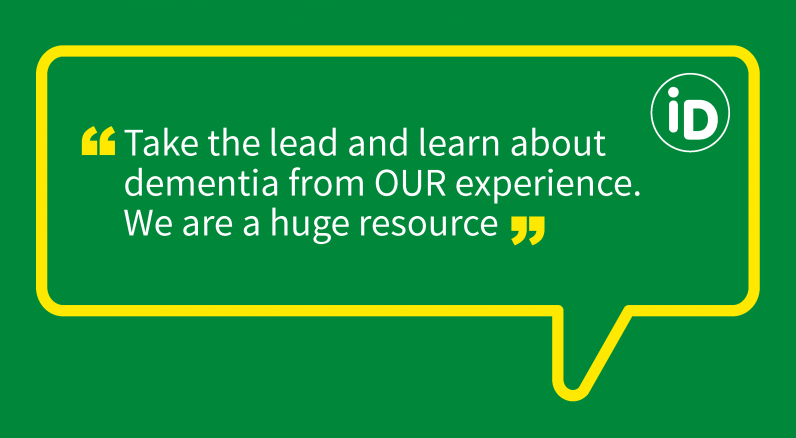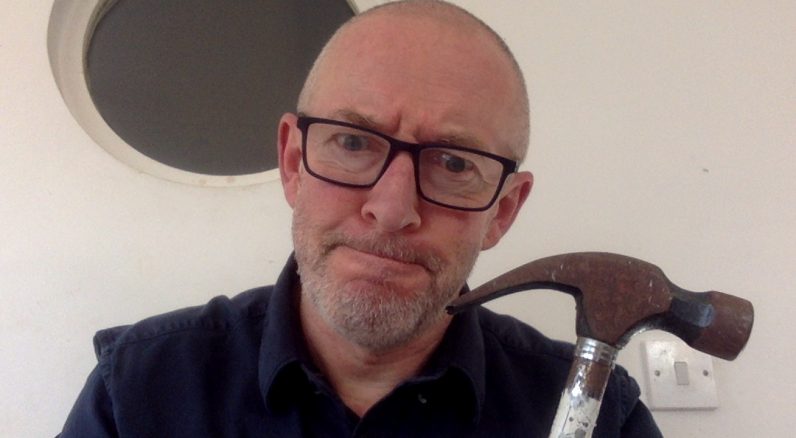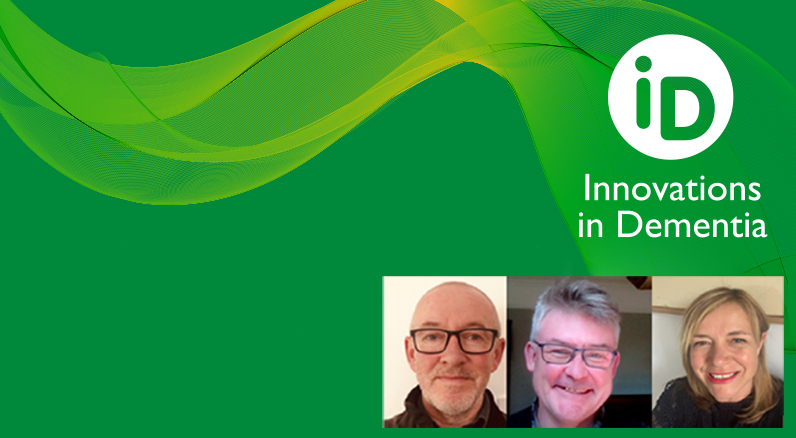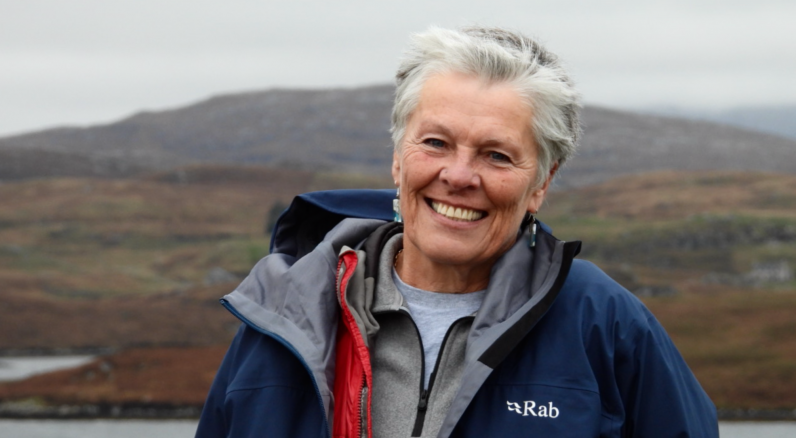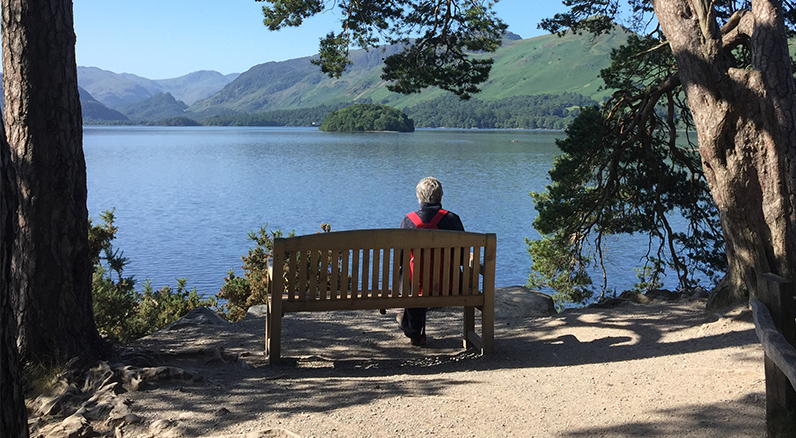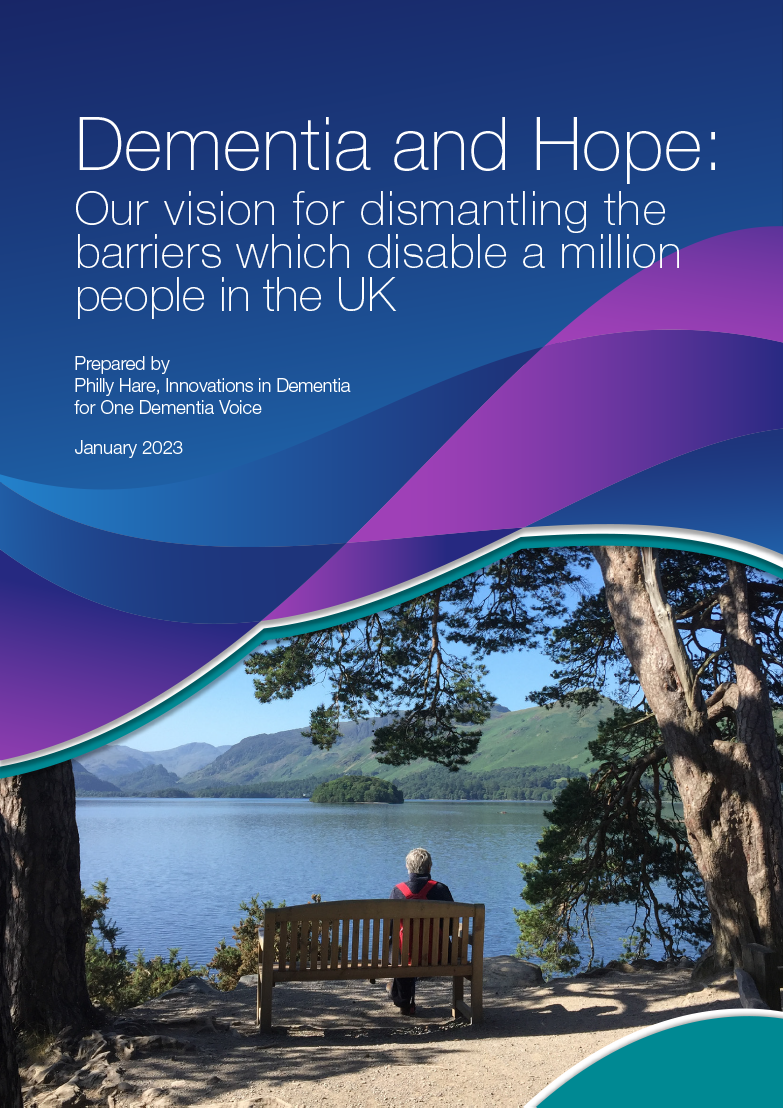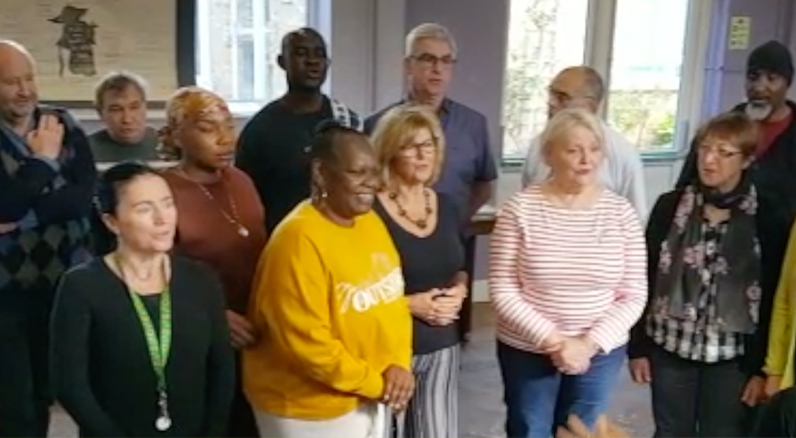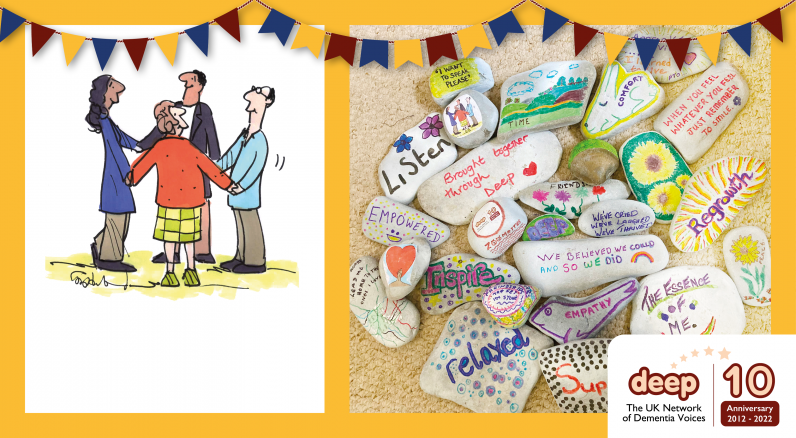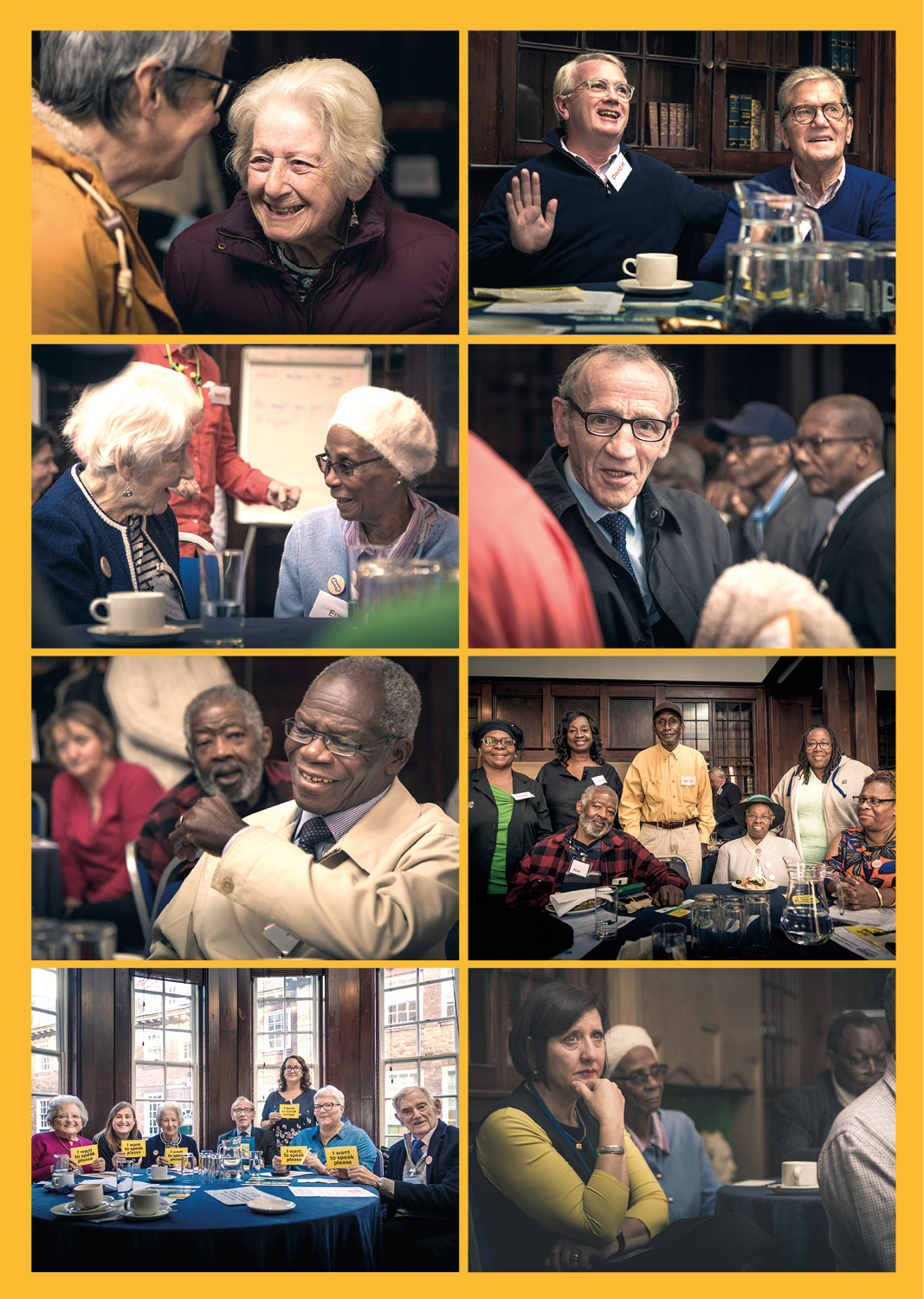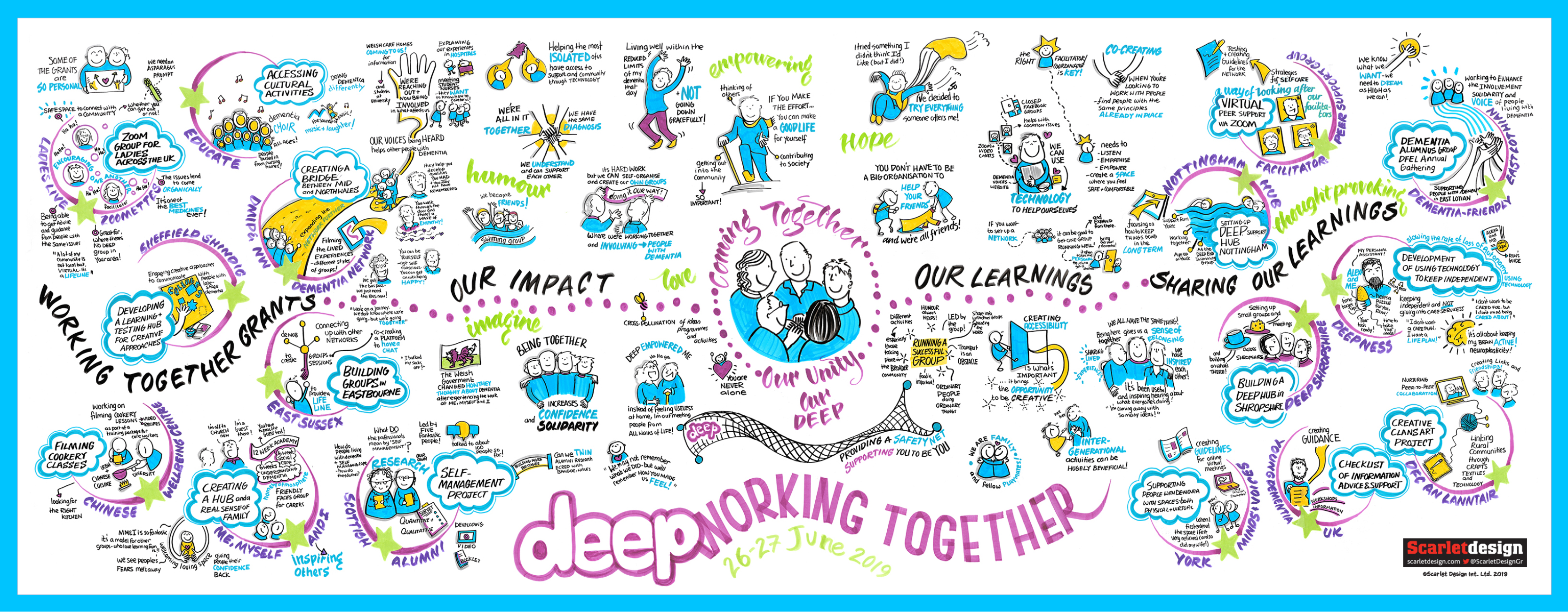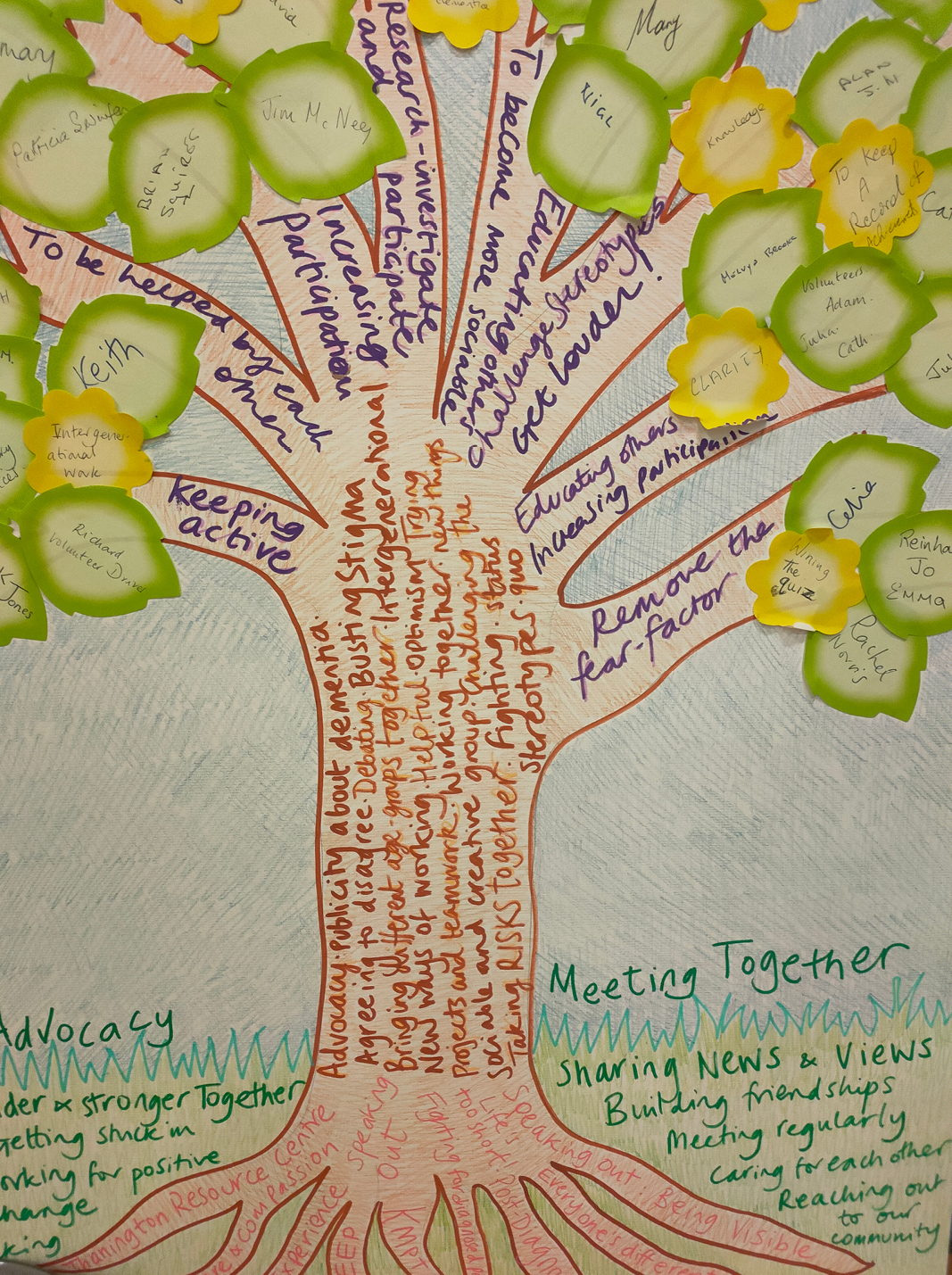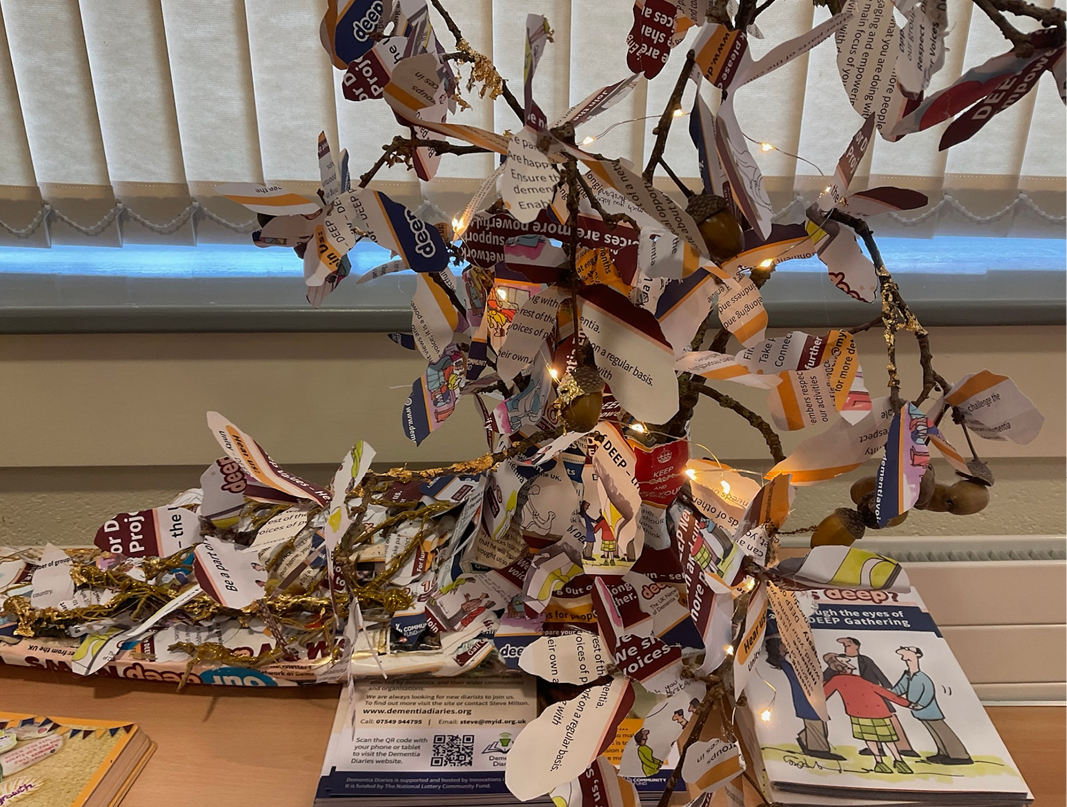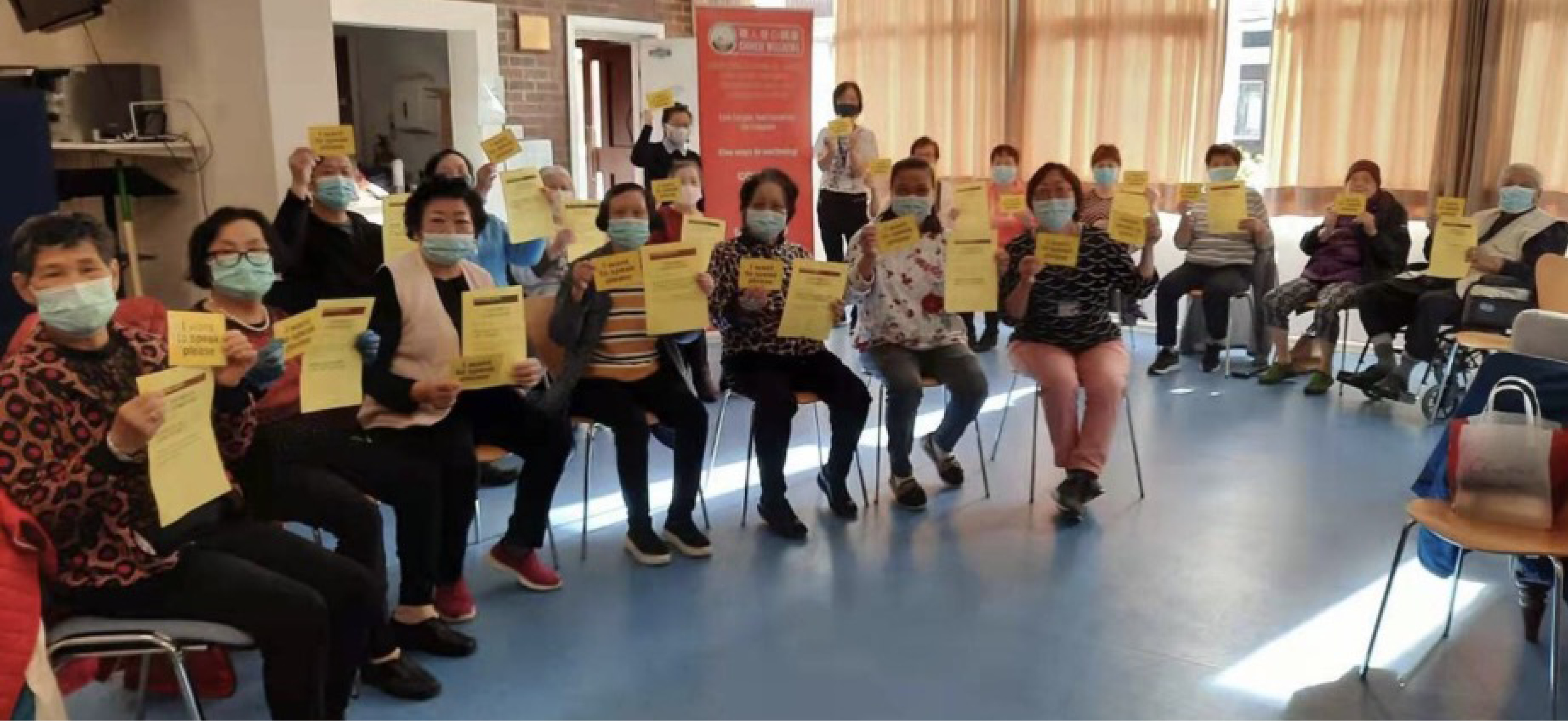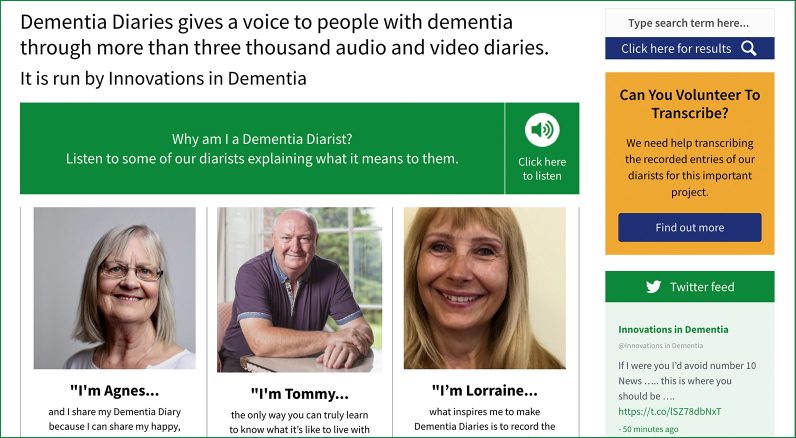It has been a few weeks now since the Alzheimer’s Society launched the video based around the message that ‘people with dementia die again and again and again’
It has been concerning to see what has unfolded in recent weeks because of this advert.
It has caused a lot of distress, anguish and fear, and has polarised people who all feel strongly about dementia into different groups who are now fighting each other and undermining each other’s experiences and work.
We have seen ideas and words used to describe people with dementia that we have not heard for decades. In short, there has been a lot of collateral damage. To read some of the comments on social media, one would imagine that those who promote ideas for living well are utterly delusional about what might lie ahead. On the contrary, everyone with whom we work has scars on their back from dementia – and from the stigma that goes with it – something which this advert will not help with, and in fact makes much, much worse.
The main problem is not to be found in the words of the carer in the advert, but in the voice of the narrator that takes over towards the end, reminding us that “people with dementia die, die and die again.”
This is a critical line which is spoken on behalf of Alzheimer’s Society. It shifts the position that ‘people with dementia die again and again’ from the experience of the son in the advert to that of Alzheimer’s Society. It changes the message from a carer’s perspective to, in the words of one of Alzheimer’s Society’s tweets, ‘The Unvarnished Truth’.
We suggest that the story in the advert is not THE unvarnished truth, it is AN unvarnished truth – but by putting those words into the mouth of the narrator, it becomes THE truth, especially in the minds of the target audience – those who know little about dementia.
Since the advert launched, we, and many of those with whom we work (and with whom the Alzheimer’s Society have worked) have come under sustained attack on social media for sugar-coating dementia. Protests at the impact of the advert been dismissed as overly dramatic or even opportunistic. The same attacks have also been made upon carers who voice their opposition, or who have said that their experiences were different.
The Alzheimer’s Society argue that the message of the advert is not meant literally, and that it is a metaphor……and yes, of course it is a metaphor, but a metaphor for what? For loss? For social death, for death of self, of one’s place in the world, of one’s identity? Unfortunately, people hearing the advert are not given a 16-page guide explaining the meaning or the rationale. All many have heard is that they are dead. Metaphorically of course.
We have tried really hard to be balanced in everything we have said publicly about this advert, and in reaction to people in the DEEP network. When we invited DEEP groups to send their comments in for us to collate to send to the Alzheimer’s Society we made it very clear we made no assumptions about how people would feel about the advert.
There were a handful of people who felt favourably about the advert, and many who didn’t. For ease, we categorised people’s comments. Many people talked about the lack of balance in the advert and the potential to deepen a stigma which is already pervasive.However, by far, the majority of responses report fear, sadness, and distress.
These were comments mostly from carers of people with dementia.
We have seen very visceral (and sometimes very concerning) reactions, to the advert, across social media platforms from carers and people with dementia. These include at least two reliable reports of people with dementia expressing suicidal ideation as a result of seeing the advert.
So our question to the Alzheimer’s Society is this:
Can you, an organisation that offers help and hope to people with dementia and carers, justify any collateral damage to part of your constituency to further your message?
We know that Alzheimer’s Society has an unenviable task to be there “again, and again, and again” for all people with dementia and carers at all stages of dementia.
But this advert undermines its work and funded research that has driven work to challenge stigma, increase awareness, encourage diagnosis and support people to live as well as they can.
Alzheimer’s Society is a large and far-reaching organisation. The framing in this advert will influence how people with dementia feel about their diagnosis, how families think about dementia and how the dementia sector treats people with dementia, for decades.
We have two simple suggestions:
- Edit the very end of the advert so that it is not Alzheimer’s Society stating that people with dementia ‘die, die and die again.”
- Engage the dementia sector in discussion and explanation. We, therefore, encourage Alzheimer’s Society to look at the offer made by Dementia Community to use them as a conduit to engage with the sector.
We hope Alzheimer’s Society receives our perspective in the spirit in which it is delivered – as we all know that it is better when we understand each other and work together.


